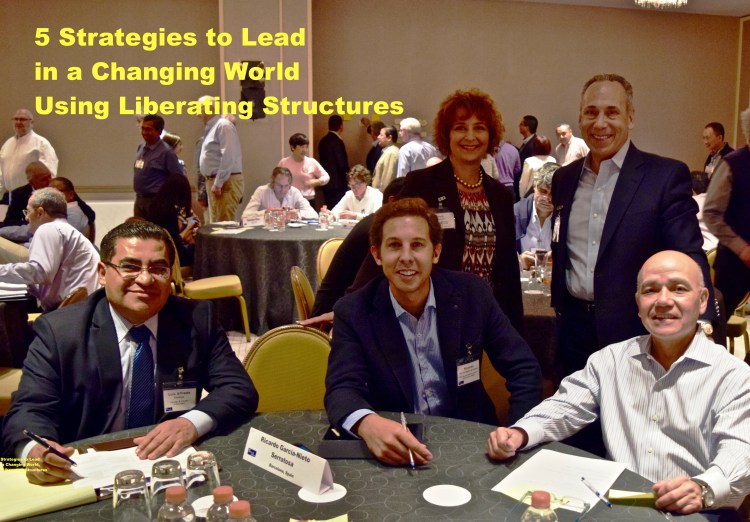Ever encounter someone perfectionistic and judgemental at the same time? Perfection can easily be the perversion and corruption of excellence. “The perfect is the enemy of the good.”
Perfectionism is sometimes used as a club to harm others. What’s underneath?

Barbie & Perfectionism, topic covered below.
What explains it the best: “Perfectionism nearly always has its roots in a desire for acceptance and fear of rejection. It can be the garden-variety, pride-fueled, general fear of what people will think of us, or it can be a crippling, conditioned fear of failing instilled into us by an abusive past or present authority figure. And if we’re honest, sometimes it’s a convenient excuse not to do something hard. In other words, it’s not really perfectionism, but indulgence wearing a disguise.” ~ Jon Bloom, writer, DesiringGod . org
Continue reading “20 Questions that Erode Perfectionism”











